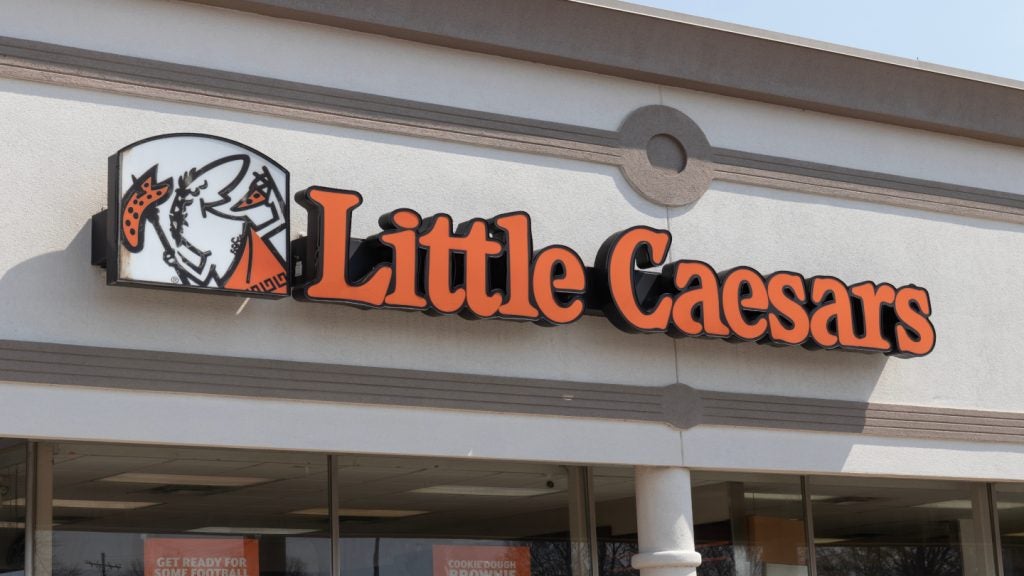Bulgaria’s accession into the EU in 2007 has led to a sustained population decline, with younger citizens often leaving the country to seek out higher standards of living that can be found elsewhere across the continent.
The country has also struggled with prolonged periods of deflation which has lowered business and Government income. As such wages and pensions have become compressed, raising concerns of a deflationary spiral. Continued efforts to clamp down on Bulgaria’s sizeable ‘grey’ market is expected to combat this, boosting tax revenues.
Unemployment stood at 7.6% in 2016, below both the Eurozone’s average of 9.6% and the wider EU-28’s average of 8.7%.
Profit sector summary
With value CAGR of 3.4% between 2014 and 2016, Bulgaria represents one of the fastest growing markets in Europe (measured in Euros), behind only Switzerland and the Czech Republic.
However low labour costs and a flat corporation tax of 10% and have done little to attract global foodservice operators, with the country continuing to be plagued by allegations of corruption and organized crime.
Future opportunities in the market lie outside of the capital, Sofia. Operators are instead looking towards Bulgaria’s other major cities (Plovdiv, Burgas and Stara Zagora), which have seen rapid GDP and income growth in recent years. In 2017, Finland’s leading QSR operator Hesburger chose Lovech as its entry point into the market.
Owing to depressed income levels, price remains a fundamental consideration of consumers across the entire profit sector.
How well do you really know your competitors?
Access the most comprehensive Company Profiles on the market, powered by GlobalData. Save hours of research. Gain competitive edge.

Thank you!
Your download email will arrive shortly
Not ready to buy yet? Download a free sample
We are confident about the unique quality of our Company Profiles. However, we want you to make the most beneficial decision for your business, so we offer a free sample that you can download by submitting the below form
By GlobalDataQuick service restaurants summary
Between 2014 and 2016, Bulgaria’s QSR channel recorded value growth at an above profit sector average CAGR of 3.9%. As a result, the market was valued at approximately BGN 1.7 billion in 2016.
Currently, the market’s potential is restricted by its narrow appeal. Whilst 47% of Bulgarians aged between 16 and 24 have visited a QSR in the past week, this falls to just 20% among those aged over 25. Changing demographics, including a decline in the number of younger citizens, is expected to aggravate this problem in future years.
Global consumer trends have been slow to reach the Bulgarian market, with consumers only just beginning to take an interest in healthy eating within QSR. This
growing desire for healthier fast food is clashing with consumers instincts to prioritize price above all. As such, long-standing QSR operators have seen their value propositions muddied, with high quality wraps and salads listed alongside typically indulgence focused saver-menu items.
Current product mixes among operators are largely uninspired, with an oversaturation of burger and ‘better burger’ providers. This has created a niche market space for operators able to provide something different.
Morning visits, while a key area of growth for QSR operators across wider Europe, remain depressed due to the popularity of cheaper pastry shops. Owing to both their price and localised offerings, Bulgarian’s favor these pastry shops over QSR operators.
Full service restaurants summary
In 2016, Bulgaria’s FSR channel was valued at approximately BGN 1.6 billion, representing 15.7% of total sales across the entire profit sector. Value growth of the channel has been substantial in recent years, reaching a CAGR of 4.8% from 2014 to 2016.
Despite this growth the market remains highly fragmented, with the five largest operators by revenue in the channel representing a combined market share of just 3.9%. Owing to unique eating habits, including long dwell times, international chain operators have a largely negligible presence in the market, with all top operators being domestic brands. Strong demand for local cuisine also benefits these brands, with international operators being reluctant to invest heavily in product innovation for such a minor market.
Average transaction prices have risen at a CAGR of 1.3% in recent years, faster than both QSR and coffee & tea shops. This is owing to both an influx of tourists from higher income countries and operators attempting to combat deflation.
Takeaway transactions (including delivery), remain a marginal aspect of the channel, limited by regional inequalities and strongly-held traditional eating habits. Indeed, 88% of surveyed consumer chose to have ‘most or all of their food and drink’ on premise.
Coffee and tea shops summary
In the years following Bulgaria’s 2009 recession, demand for coffee shops deteriorated. Consumers tightening purse strings instead opted to socialize around the kitchen table drinking instant coffee.
The coffee and tea shop market has since entered a recovery period, with consumers returning to ‘pre-recession’ buying habits. From 2014 to 2016 the market posted value growth at a CAGR of 3.8%, reaching an overall value of BGN 152 million.
Coffee shops are markedly popular in Bulgaria, with 55% having visited an outlet in the past week. For a sizeable segment of consumers, coffee shop visits are a daily occurrence. As such, there is a strong outlet density, with one coffee shop for every 4,252 citizens.
Whilst channel growth across wider Europe has been derived from a diversification into food, this is unlikely to gain traction in Bulgaria. Coffee shops aren’t widely regarded as eateries, with local outlets often only stocking sandwiches and a small selection of baked goods at best. Other European trends such as an uptick in demand for ‘on-the-go’ coffee also isn’t apparent in the Bulgarian market. Coffee shop occasions remain long, often drawn-out affairs.
International chain operators have paid little attention to localization, instead being happy to maintain their premium price points and position themselves in shopping malls and other tourist hotspots. As such, these chains continue to be perceived as obscenely expensive for the average Bulgarian, although they still hold an aspirational edge over everyday local coffee shops.
Related feature
https://www.globaldata.com/store/report/cs0034fs–bulgaria-the-future-of-foodservice-to-2021/
“Bulgaria – The Future of Foodservice to 2021”, published by GlobalData provides extensive insight and analysis of the Bulgarian Foodservice market over the next five years (2016-2021) and acts as a vital point of reference for operators or suppliers.






